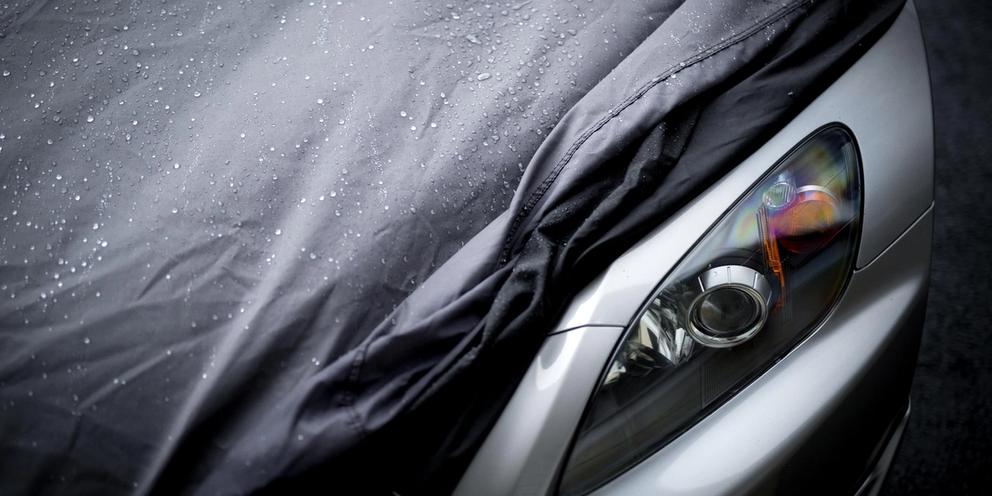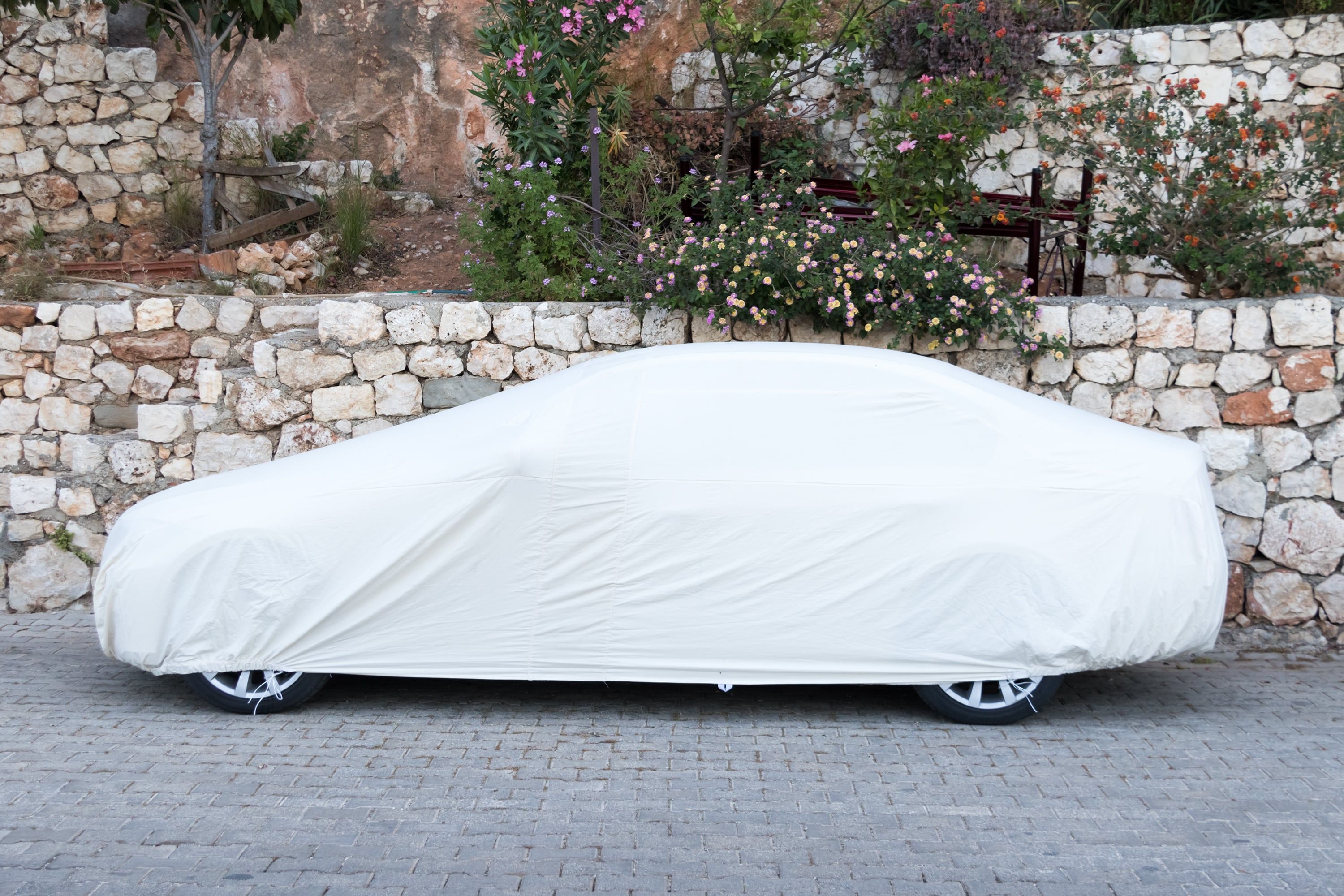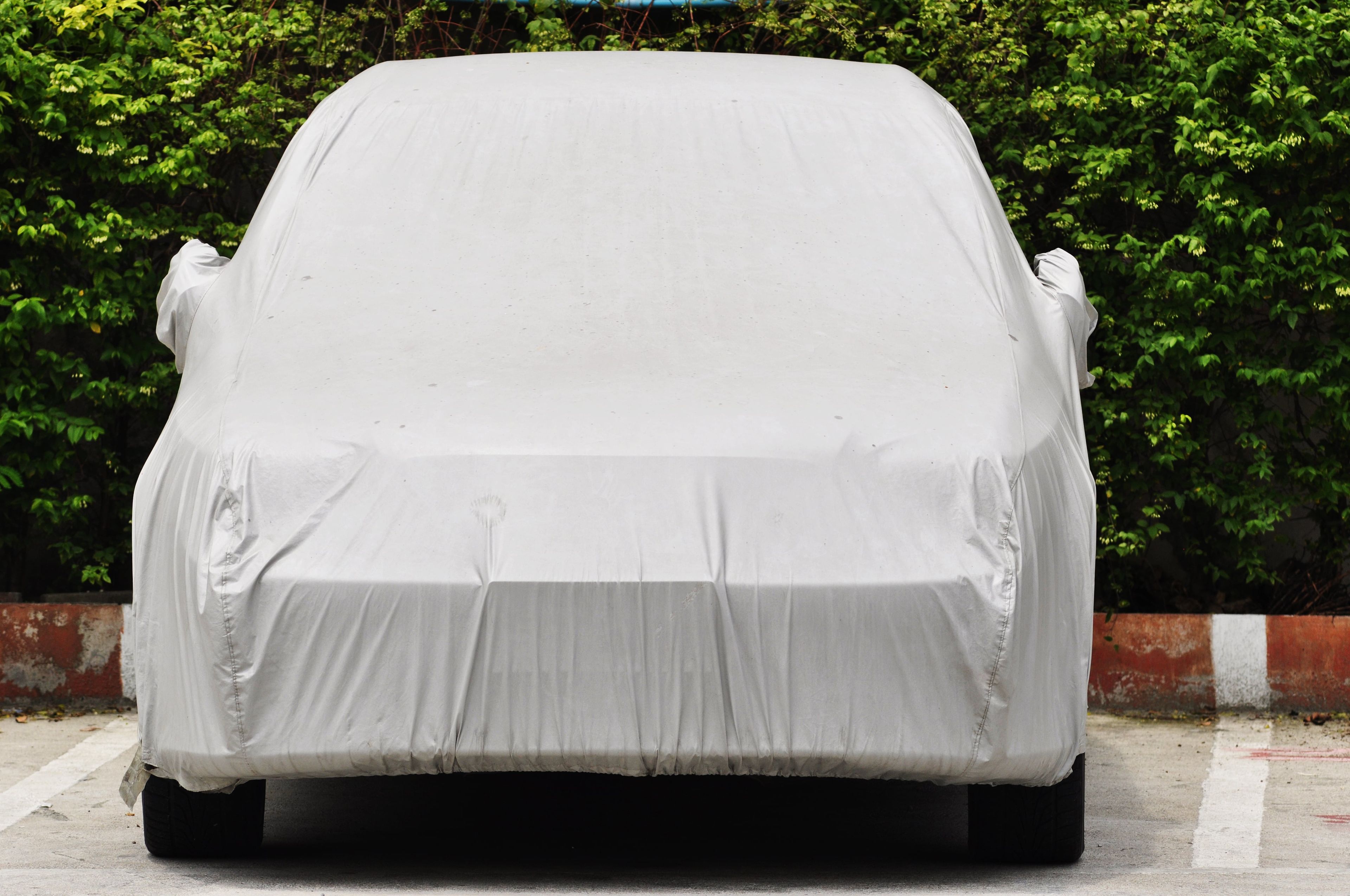
Tips on Measuring Car Covers for Compact Vehicles
When you need a car cover to protect your car from indoor or outdoor damage, you should ensure it fits correctly. Whether you have a sedan, an SUV, or a compact car, fit is one of the most important aspects of choosing your vehicle’s ideal cover.
There are several factors to consider when searching for the perfect cover for your compact car. You need to decide whether you need an indoor or outdoor cover. Each style of car cover offers a different level of protection. Indoor covers are lightweight and breathable to prevent mold forming, while outdoor covers are designed to repel water and protect against UV, wind, and hail damage. Accurate measurements are also crucial to find the ideal snug fit for your car’s make and model. Before you break out the tape measure, consider whether you want a contour or custom fit. A custom-fit will cost you more but provides the best protection and fit possible. However, there are numerous semi-custom aftermarket choices available that offer ample protection against the elements.
Source: Robert MacMillan/Shutterstock.com
Should I Choose an Indoor or Outdoor Cover?
If you have a garage to store your car indoors, you may mistakenly believe that you don’t need a car cover to protect your compact’s exterior. However, indoor car covers are just as necessary for preserving your car’s pristine appearance as outdoor covers. Dust and mold inside your garage can damage paint, and accidental scrapes from tools can leave deep scratches. An indoor cover provides a vital layer of protection.
There are some critical differences between an outdoor and an indoor cover, including fabric, weight, and price. Indoor covers protect your cars from humidity and moisture, which is crucial if you live near the ocean, as the sea air can corrode metal more quickly than air that doesn’t have a lot of salt in it.
Outdoor car covers tend to be heavier, and some have a coating or outer layer that makes the covers water-resistant. Different types of car paint react differently to weather conditions, and one way to retain your compact car’s pristine appearance is to use a cover to protect it. If you’re unsure where you’ll be keeping your vehicle or if your compact car will split its time between outdoor and indoor storage, opt for an all-weather car cover.
Which Is Better: A Custom or Contour Fit?
There are two types of car covers you can use to protect your compact car’s exterior. A custom-fit cover includes pockets for side mirrors and other vehicle features like roof racks or antenna. Contour covers have a general fit and fall into common categories like sedans, SUVs, or compact cars. The aftermarket choices for contour covers are excellent tools to help keep your vehicle looking pristine. Although they don’t have exact pockets for side mirrors and antennae, they have an elastic hem around the bottom for a snug fit.
The methods for measuring your compact car for a custom and semi-custom car cover vary slightly. Custom car covers require more specific measurements, whereas semi-custom contoured covers can be fitted with just the height, width, and length values.

Source: Anton Watman/Shutterstock.com
Measuring for a Semi-Custom Car Cover
There are three components for accurate measurements for your compact car cover: height, length, and width. And since compact cars are small, it’s even more crucial to get the right coverage to protect your vehicle. It may seem simple, but there are some tricks to get your measurements right. Here are the tools you’ll need to take accurate car measurements.
- Tape measure
- Painter’s tape
- Chalk
- Pen and paper
Height
Your car’s height should be measured from the ground to the vehicle’s highest point, excluding the car’s contours. Include roof racks or any other attachments you have on the roof of your car. The simplest way to take this measurement is to park your car alongside a wall. Place an extended tape measure on top of the car’s roof so that it reaches across the roof and hits the wall. Secure the tape measure with painter’s tape, and walk round the car to mark the place where the tape measure touches the wall with chalk. Then, move your car forward and measure from the ground to the mark.
Length and Width
The best way to measure the length and width of your car is along the ground. Measure from the nose of your car to the trunk, including spare tires, bumpers, and anything else your compact car is equipped with. Don’t measure the contours of the compact car, but pull the tape measure in a straight line. For the width, measure the car at its widest points, excluding the car mirrors. Once you have these numbers, round them all up to the next inch to allow for a close-fitting cover that is still easy to place over your vehicle and remove.
Measuring for a Custom Car Cover
Custom car covers offer a precise fit tailored to your vehicle. They are ideal for luxury sports cars, classic cars, and modified vehicles. At CarCovers.com, we carry CoverCraft custom covers that use a specialized system of key measurement points to create custom car covers to your exact specifications. Contact our sales staff for more information on the measurements for your car’s make and model.
To take the measurements, place small squares of painter’s tape on the strategic measurement locations. Ensure the pieces of tape are raised to a point that is visible from both profile and top-down views of the vehicle. Measure between each point in a straight line, not along the curved contours of the car. In addition to these precise car measurements, you will also need to measure the overall length, height, and width of the car using the same method as for a semi-custom cover.

Source: isaravut/Shutterstock.com
The Takeaway
If you have a compact vehicle that you want to last for a long time, invest in an indoor or outdoor contour-fit car cover. Taking accurate measurements is an integral part of choosing a precise cover for your compact car. CarCovers.com can help you find the right size and shape for your compact car. Explore our range online or contact us today at 800-385-3603 for assistance.
Updated